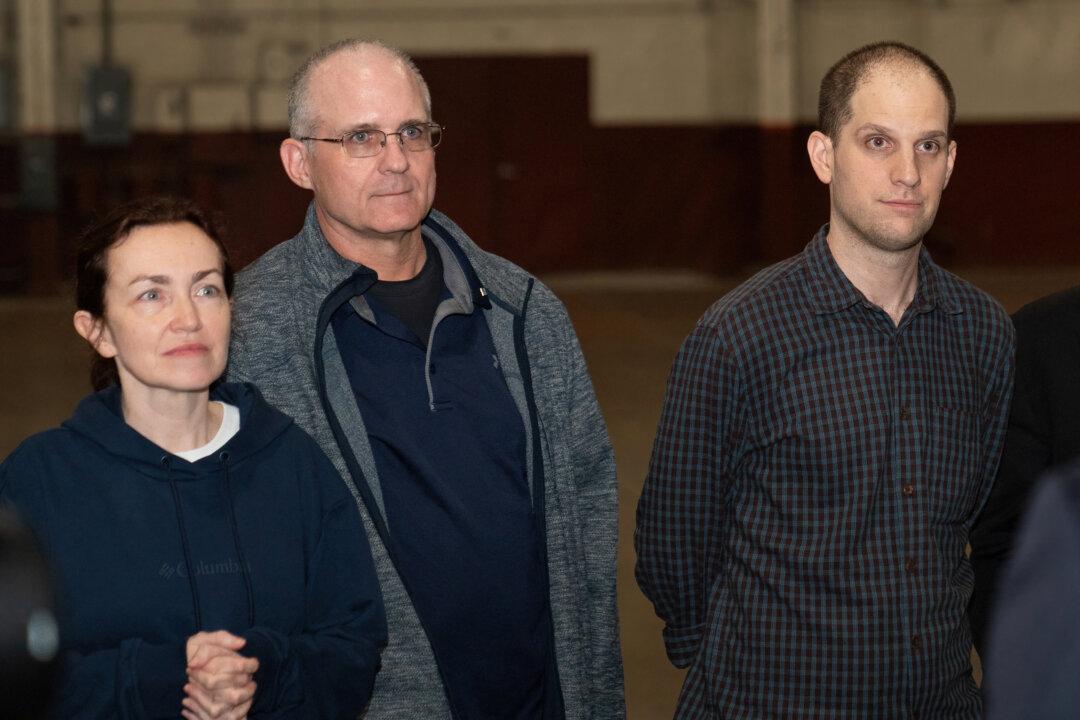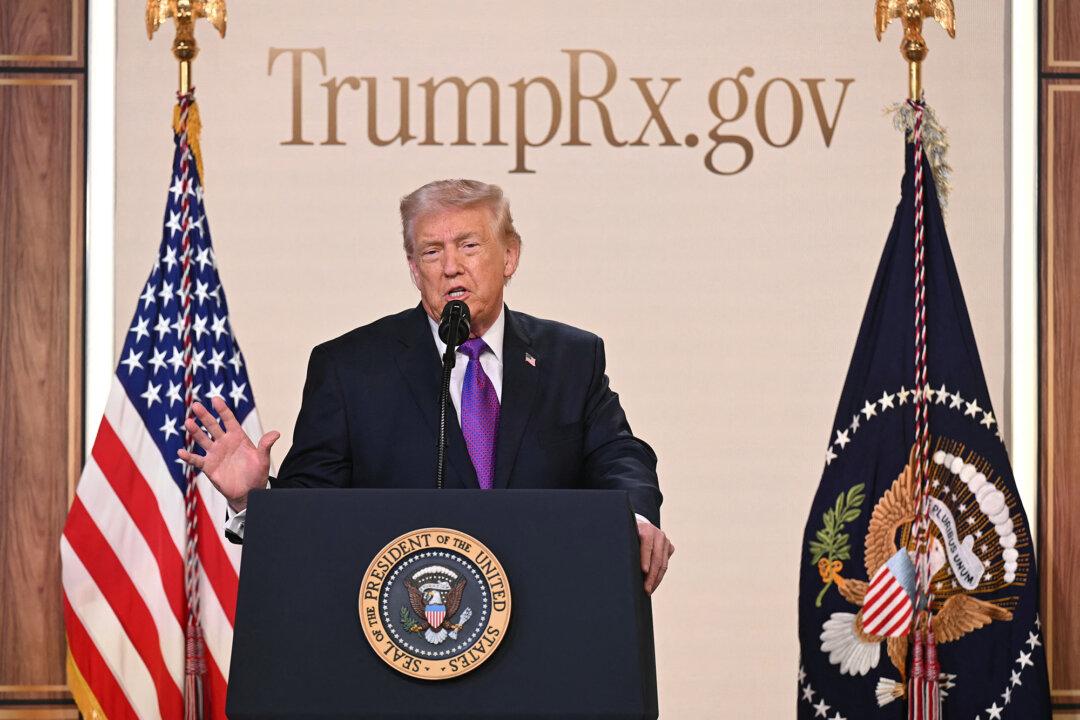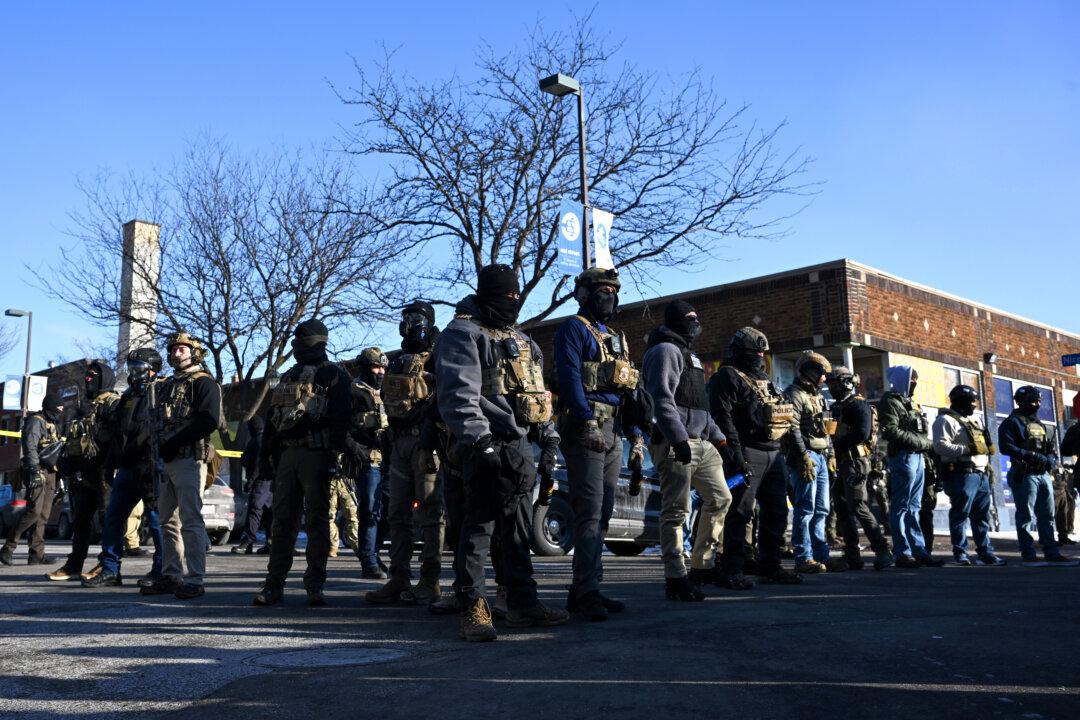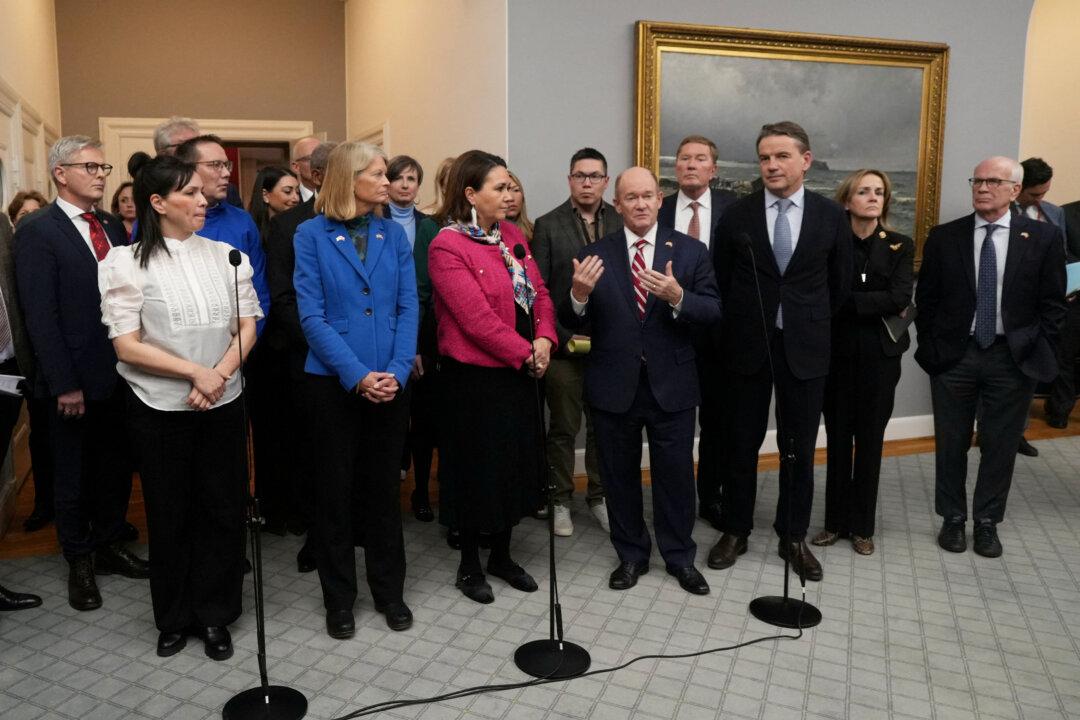Three Americans including Wall Street Journal reporter Evan Gershkovich and former U.S. Marine Paul Whelan returned to American soil late Aug. 1 after an extensive prisoner swap with Russia.
A total of 24 prisoners have been exchanged as a result of negotiations between eight countries, including Turkey who acted as the mediator in what has been described as the largest prisoner swap between East and West since the cold war.




